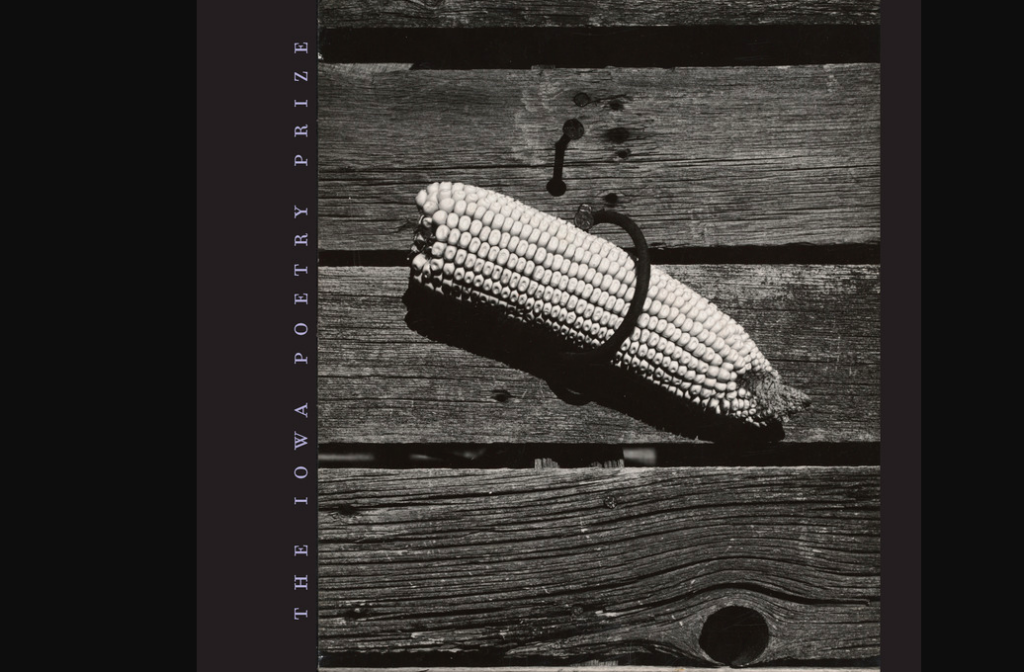Full Catastrophe Living
Zach Savich
University of Iowa Press, $16 (paper)
The winner of the 2008 Iowa Poetry Prize, Zach Savich’s first collection, Full Catastrophe Living, makes no bones about its project. The messes and mishaps of life fill the poems, while “The Love of Simplicity Is the Love of Death,” as one title has it. The book manages a complicated display of recurring forms: Savich works alternately with—among others—a shorter line appropriate to the detail of a sort of objectivist looking (“White trim / skinnings // in the exterior / bed under leaves // under snow, / as the house // siding curls”), the sprawl of what the jacket copy calls a “slapstick sequence,” a kind of semi-pastoral narrative, and a sonnet that brings together the near-perfection of meter, the disintegration of syntax, and a series of reliably exquisite images. The leaps from one form to the next tend to jar and discomfit—but in a way that stems less from a general lack of focus than from the quick dismissal of certain moments of attentive intensity. The poem “Serenade,” for example, ventures a narrative: the story of a sickness, and over a few seasons, recovery. And yet the strongest sadness in the poem is perhaps the sadness of speed, and of omission: in this case, what’s squeezed into the margin is the poet’s knack for metaphor, ordinary and apt: “Snow like tissue after tissue pulled from a box,” or, later, “Trees blossomed outside the hospital / the way champagne bottles christen ships.” The tension here is ultimately between these moments of lyrical accuracy and the sources of energy—usually language, love, the body, or the story—which propel us through the poems and from one poem to the next. If Full Catastrophe Living is a shuddery experience, a series of aftershocks sans definable epicenter, it is nevertheless one in which the poet negotiates a necessary, if uneasy, compromise between the force of catastrophe and a music of his own: “a pleasant / strumming in my personal // surfaces, our ongoing passionate disaster.”







